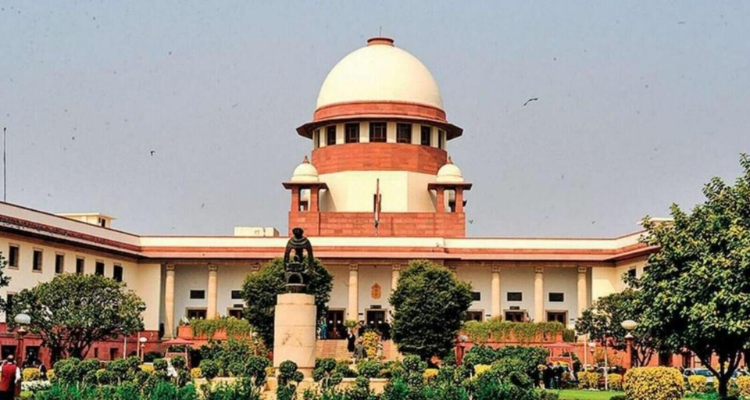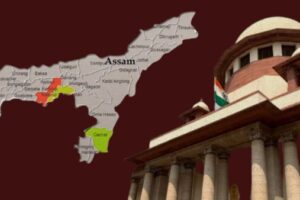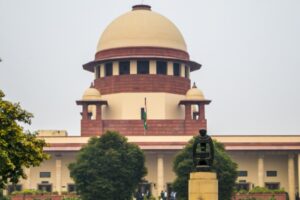
During proceedings in the Supreme Court, which were centered around an original suit brought forth by the State of West Bengal, alleging that the Central Bureau of Investigation (CBI) had been conducting probes within the state without the requisite general consent.
Justice Gavai urged Solicitor General Tushar Mehta, representing the central government in this matter, to wrap up his arguments within three days. This, he explained, would enable the court to draft its judgment during the upcoming summer vacation. Additionally, the court set a deadline for both parties to conclude their arguments before the commencement of the Supreme Court’s summer vacation.
Justice Gavai took a moment to address misconceptions about judicial workloads, emphasizing that weekends and public holidays are not exempt from their duties. “People who criticize often overlook our continuous engagements, including assignments and conferences,” he noted.
In response, Kapil Sibal, representing West Bengal, acknowledged the demanding nature of the judicial role, labeling it as one of the toughest in the nation. Solicitor General Mehta echoed this sentiment, highlighting the complexity of judicial responsibilities. “All those who criticize that Supreme Court and high courts are on long vacations, they don’t know how judges work,” he remarked.
The bench acknowledged the importance of the summer recess for crafting lengthy judgments, prompting Justice Gavai to express gratitude saying that, “Thank God! I am now a senior judge, and don’t have to sit during vacations.”





